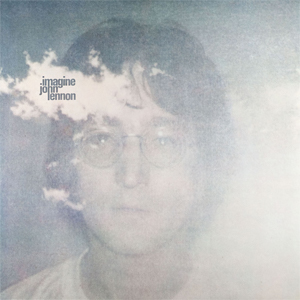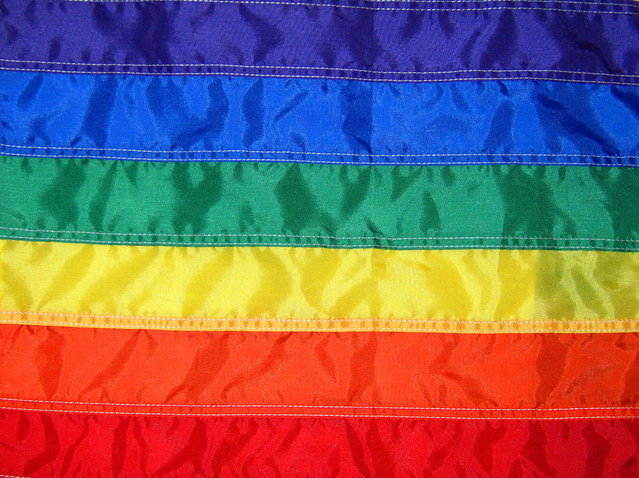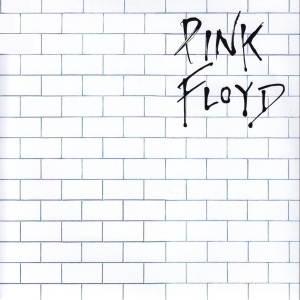John Lennon: October 9, 1940 – December 8, 1980
Queer Music Of The 1950s and 1960s
Happy 2021 Pride! Though LGBTQ+ Pride should be celebrated every month, June is the month officially designated to celebrating one’s identity, orientation and possible otherness.
To celebrate Pride this year I’m going to create thirty-song playlists broken out by decade, kicking off today with two decades combined – the 1950s and the 1960s. I’ll post these lists sporadically throughout the month.
Here is what you’ll hear on today’s playlist and what makes it queer:
“Cry” – Johnnie Ray
Poor old Johnnie Ray, as he was referred in Dexy’s Midnight Runners’ “Come On Eileen,” was a closeted gay man, arrested for soliciting male undercover officers on more than one occasion. “Cry” was a humongous hit, spending more than two months at #1.
“Hound Dog” – Big Mama Thornton
Chances are you’re familiar with Elvis Presley’s hugely successful version of this song from 1956. Three years earlier, Willie Mae “Big Mama” Thornton, who preferred to dress in what would be considered men’s clothing, sold a half million copies of her version, from which she made $500.
“Too Much” – Bernard Hardison
Another song covered by Elvis, Bernard Hardison released his version two years prior to The King. The song was played on the web radio series Queer Music Heritage, though I cannot find any other indication anywhere about Hardison’s sexual orientation.
“Don’t You Want a Man Like Me” – Billy Wright
As a youth, Billy Wright sang the gospel in church and worked as a female impersonator. The openly gay Wright was an influence on young Little Richard, suggesting he wear his hair in the pompadour style. Speaking of…
“Tutti Frutti” – Little Richard
No matter that the hit version altered the original lyrics “Tutti frutti, good booty / If it don’t fit, don’t force it / You can grease it, make it easy,” the song and the performer are oh so queer.
“Rockin’ Pneumonia and the Boogie Woogie Flu” – Huey “Piano” Smith and the Clowns
As his nickname might indicate, Huey Smith was a piano player. The singer in his band was an openly gay man named Bobby Marchan.
“Chances Are” – Johnny Mathis
Johnny Mathis never covered up his sexual orientation, though he didn’t come out as gay until 1982, when a reporter printed his off the record acknowledgment.
“Jailhouse Rock” – Elvis Presley
“Number 47 said to number 3, ‘You’re the cutest jailbird I ever did see. I sure would be delighted with your company. Come on and do the jailhouse rock with me.” Nothing queer about that, right?
“Secretly” – Jimmie Rodgers
“Wish we didn’t have to meet, secretly / Wish we didn’t have to kiss, secretly / Wish we didn’t have to be afraid to show the world that we’re in love / ‘Til we have the right to meet openly / ‘Til we have the right to kiss openly / We’ll just have to be content to be in love secretly.” Make of those lyrics what you will.
“Rockin’ the Joint” – Esquerita
Though Little Richard released records prior to Esquerita, it was Black flamboyant Esquerita who taught Little Richard his style of piano playing and perhaps introduced the high-pitched “whoo”s in his singing.
“Frances and Her Friends” – Frances Faye
Frances Faye was openly embracing of bisexuality in her stage shows, as the lyrics of this tune will attest. In the late 1950s she met a woman named Teri Shepherd who became her life partner.
“My Baby Likes Western Guys” – Brenda Lee
Oh, does he now?
“He Don’t Care About Me” – The Miracles
Yes, those Miracles. Written by Smokey Robinson with lead vocals by his wife Claudette, you wonder why he don’t care about her. When she sings “Don’t he know that I could make him gay?,” you just have to respond “Girrrrrrrl!”
“Up on the Roof” – The Drifters
Rudy Lewis, who sang lead on this Drifters hit as well as “On Broadway” and others, was a closeted gay man who sadly died of a drug overdose when he was just 27 years old.
“Any Other Way” – Jackie Shane
Though she didn’t call herself trans, Jackie Shane presented and sang in a way typically associated with women. She considered herself to be a gay man, and my use of pronouns here is not intended to disrespect that.
“You Don’t Own Me” – Lesley Gore
Lesley Gore came out as a lesbian in 2005, revealing that she knew she was attracted to women since age 20 and never sought to hide out, though didn’t announce it before then.
“You’ve Got To Hide Your Love Away” – The Beatles
Many believe that The Beatles’ John Lennon wrote this song about the group’s gay manager, Brian Epstein. It wasn’t until 1967, two years after this song’s release, that England decriminalized sex between two men over the age of 21, and Epstein would no longer have to hide his love away. Sadly, he died in August of that year.
“See My Friends” – The Kinks
The Kinks’ Ray Davies wrote this song about a young man who is unsure of his sexual orientation, a feeling Davies said he experienced.
“To Try for the Sun” – Donovan
The song’s teenage narrator and his “gypsy boy” friend have an obvious affection for each other. “And who’s going to be the one to say it was no good what we done?”
“You Don’t Have to Say You Love Me” – Dusty Springfield
“I know that I’m as perfectly capable of being swayed by a girl as by a boy. More and more people feel that way and I don’t see why I shouldn’t. There was someone on television the other night who admitted that he swings either way. I suppose he could afford to say it, but I, being a pop singer, shouldn’t even admit that I might think that way. But if the occasion arose I don’t see why I shouldn’t.” – Dusty Springfield, 1970, in an interview with The Evening Standard
“Do You Come Here Often?” – The Tornados
Produced by legendary gay producer Joe Meek, “Do You Come Here Often?” has to be heard to be believed. The song was the b-side of a forgotten 45, released on a major record label.
“I’m a Boy” – The Who
The story of a boy whose parents wanted a girl, so his mother raises him as a girl.
“Willkommen” – Joel Grey
From the Tony Award winning musical Cabaret, written by openly gay lyricist Fred Ebb and openly gay composer John Kander, based on a book by openly gay writer Christopher Isherwood, comes this number, performed by Joel Grey, who publicly came out in 2015 at age 82.
“Sweet Soul Music” – Arthur Conley
Arthur Conley was living as a closeted gay man in the United States when “Sweet Soul Music” became a smash. He later moved to the Netherlands, changed his name to Lee Roberts, met a man who became his life partner, and then lived as an openly gay man.
“Arnold Layne” – Pink Floyd
“Arnold Layne” became Pink Floyd’s first hit single, despite Radio London eventually banning it from airplay as its subject matter of a transvestite stealing women’s clothing off clothes lines was considered by them to be too distasteful for “normal” society.
“Let the Heartaches Begin” – Long John Baldry
Reginald Dwight changed his name to Elton John after Elton Dean, a fellow musician in the backing band of Long John Baldry, the gay vocalist from where the John comes.
“Save the Country” – Laura Nyro
The late Laura Nyro was bisexual, enjoying romantic relationships with men and women, the longest one being with painter Maria Desiderio.
“Triad” – The Byrds
Written by The Byrds’ David Crosby, this 1967 recording of a song about a throuple went unreleased until 1987.
“Candy Says” – The Velvet Underground
Inspired by Candy Darling, a transgender actress in Andy Warhol films, “Candy Says” tells of a trans woman who has “come to hate her body.”
“That’s the Way God Planned It” – Billy Preston
A brilliant musician whose friends and collaborators knew he was gay, Billy Preston didn’t publicly come out until shortly before his passing in 2006.
Follow Tunes du Jour on Facebook.
Follow Tunes du Jour on Twitter.
Follow me on Instagram.
Throwback Thursday: 1971
I recently read a book about the music of 1971. It was pretty bad. I should have been clued off seeing that the book derived its title from the name of a Rod Stewart album that came out in…1972. The author and I agree that 1971 was a great year for music, though he focused mainly on white acts. Marvin Gaye’s What’s Going On, recently named the number one album of all-time in Rolling Stone, was dismissed as being overrated due to white guilt, something the author clearly doesn’t feel. I humbly suggest that the playlist below shows more of the greatness (and diversity) of 1971’s music than this book.
Follow Tunes du Jour on Facebook.
Follow Tunes du Jour on Twitter.
Follow me on Instagram.
Throwback Thursday: 1980
Nineteen eighty wasn’t a game changing year on the US pop chart. It wasn’t 1964. It wasn’t 1991. For the most part it was music business as usual. The death of disco was greatly exaggerated. Just ask any member of Lipps, Inc., should you have any idea what any member of Lipps, Inc. looks like. Seventies hit makers stayed on the charts. Paul McCartney. Diana Ross. Stevie Wonder. Barbra Streisand. The Captain & Tennille did it to us one more time, it meaning having a hit single. A few outsiders snuck into the top 40 with sounds unlike the rest – Devo hit with “Whip It,” Gary Numan with “Cars,” and The Vapors with “Turning Japanese.” In the coming years more such weirdos would make their presence known.
While many of 1980’s hits were great singles, many classics were born outside of the mainstream. Releases such as Bob Marley & the Wailers’ “Redemption Song,” Joy Division’s “Love Will Tear Us Apart,” Peter Gabriel’s “Biko,” Prince’s “When You Were Mine,” David Bowie’s “Ashes to Ashes,” and Funky 4 + 1’s “That’s the Joint” are often referred to as classics these days. In 1980, not a single one of them troubled the US Hot 100. Change was on its way. In 1980, rap wasn’t a fixture on the top 40, though its influence was heard in Queen’s #1 smash “Another One Bites the Dust.” The next few years saw #1 hits from Peter Gabriel, Prince, David Bowie and a rap song, plus a top ten reggae song.
Today’s Throwback Thursday playlist shines a spotlight on 1980.
Follow Tunes du Jour on Facebook.
Follow Tunes du Jour on Twitter.
Follow me on Instagram.
Producer Spotlight: Sir George Martin
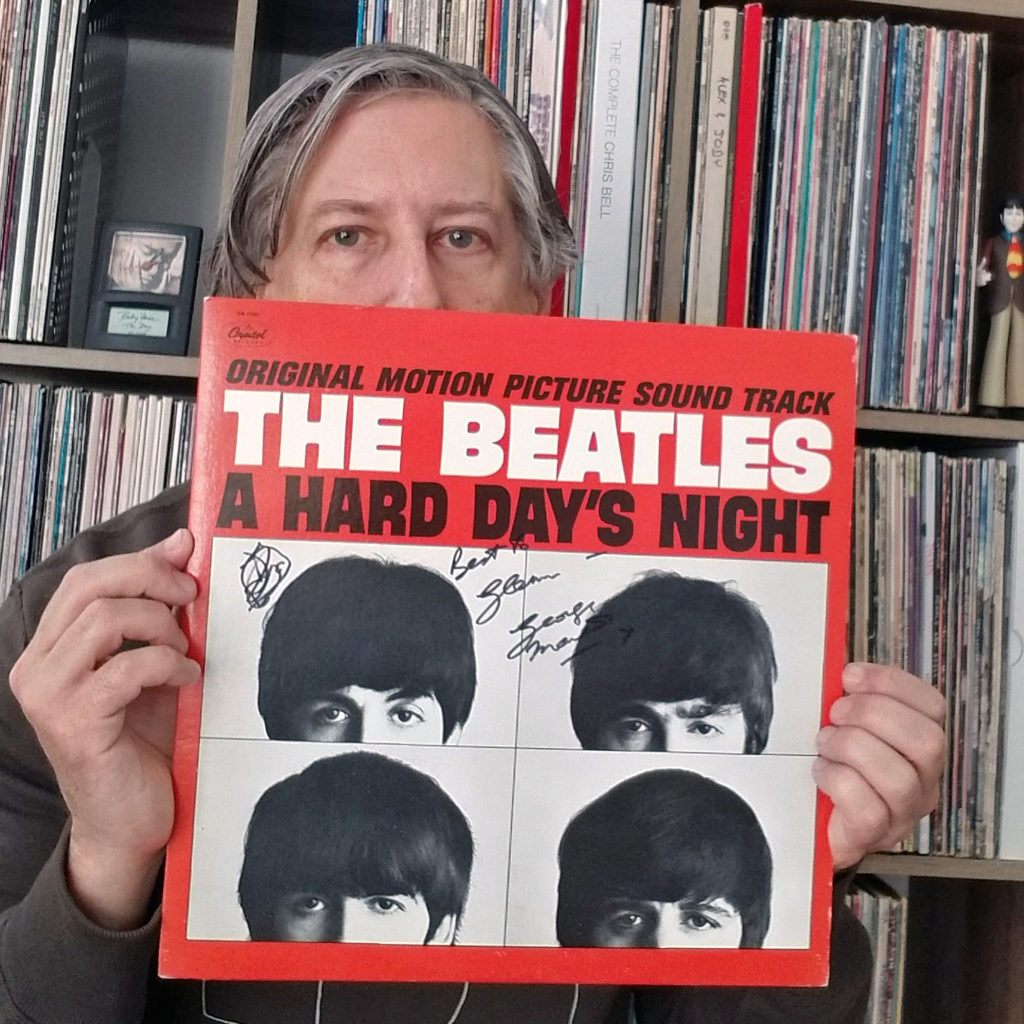
A movie director takes words on a page, a script, and brings them to life, guiding actors to deliver the best performances possible and deciding on the best ways to convey the story. A music producer plays the same roles in the creation of a record, taking words on a page, a song, and brings them to life, guiding singers and musicians to deliver the best performances possible and providing input as to how the recorded song should sound.
Sir George Martin, born on January 3, 1926, is recognized as one of the most influential producers in the history of pop music. He is best known for producing all of the albums by The Beatles except for Let It Be. It was Martin who suggested the string quartet on “Yesterday.” It was Martin, with recording engineer Geoff Emerick, who combined two distinct recordings of “Strawberry Fields Forever,” played in different keys and at different tempos, into the one with which you’re familiar. Martin suggested speeding up a ballad Paul McCartney and John Lennon wrote, which resulted in the #1 hit “Please Please Me.” His production of “I Feel Fine” includes one of the earliest uses of guitar feedback. Martin conduction the string section on “Eleanor Rigby.” He brought in a 40-piece orchestra for “A Day in the Life.” On “Tomorrow Never Knows,” Martin’s use of tape loops, reversing a recording of a guitar solo in playback, and having Lennon’s vocals go through an organ’s speaker, helped Lennon achieve his desire of a recording to sound like his mind on LSD. He played piano on “In My Life,” and sped up his recording of the piano part to match the song’s tempo. He suggested the group replace original drummer Pete Best.
Sir George, who died in 2016, also produced artists other than The Beatles. Here are thirty of his finest productions.
Happy New Year!
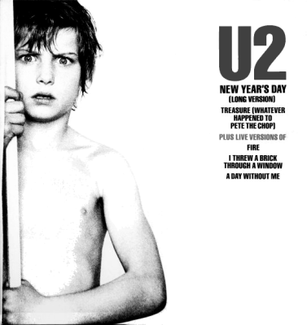
Happy New Year, y’all! On today’s playlist we reel in the years and sing of making a fresh start. I hope 2021 rocks for all of us.
Your (Almost) Daily Playlist (12-1-20)
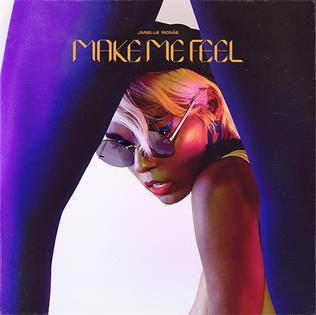
Inspired by the season and the December 1 birthdays of Bette Midler, Janelle Monae, Basement Jaxx’s Simon Ratcliff, Lou Rawls, Richard Pryor, Billy Paul, Gilbert O’Sullivan, Mary Martin, Woody Allen, Treat Williams, Sarah Silverman, Julee Cruise, Jonathan Coulton and Matt Monro.
Your (Almost) Daily Playlist (11-29-20)
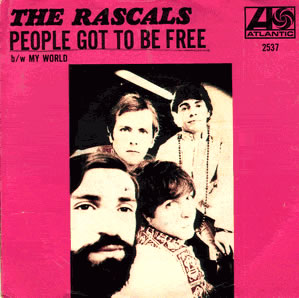
Inspired by the season and the November 29 birthdays of The Rascals’ Felix Cavaliere, The Mamas and the Papas’ Denny Doherty, Meco, Zapp’s Roger Troutman, The Game, and Firesign Theater’s Peter Bergman.
Your (Almost) Daily Playlist (11-28-20)
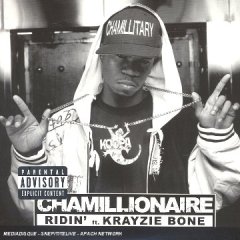
Inspired by the season and the November 28 birthdays of Randy Newman, En Vogue/Lucy Pearl’s Dawn Robinson, The 5 Royales’ Johnny Tanner, The Fleetwoods’ Gary Troxel, Chamillionaire, R.B. Greaves, William DeVaughn, Bruce Channel, The Foundations’ Clem Curtis and Motown founder Berry Gordy Jr.
Your (Almost) Daily Birthday (11-12-20)
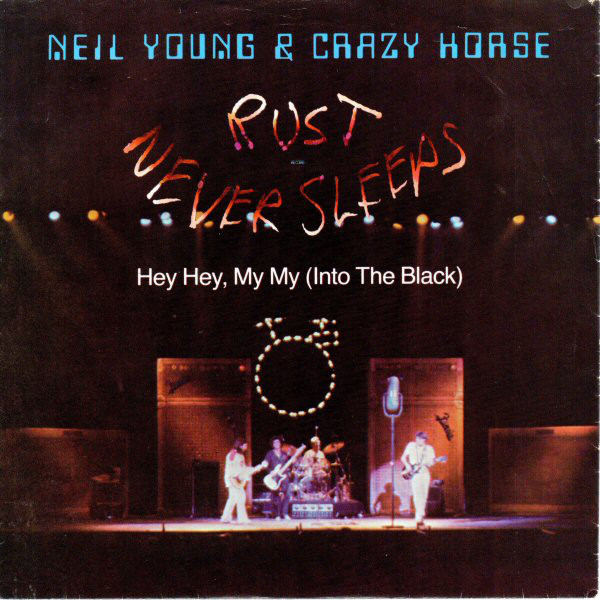
Inspired by the November 12 birthdays of Neil Young, Bay City Rollers’ Les McKeown, Blue Oyster Cult’s Buck Dharma, Booker T. Jones, Hot Chocolate’s Errol Brown, Brian Hyland, and Tevin Campbell.
